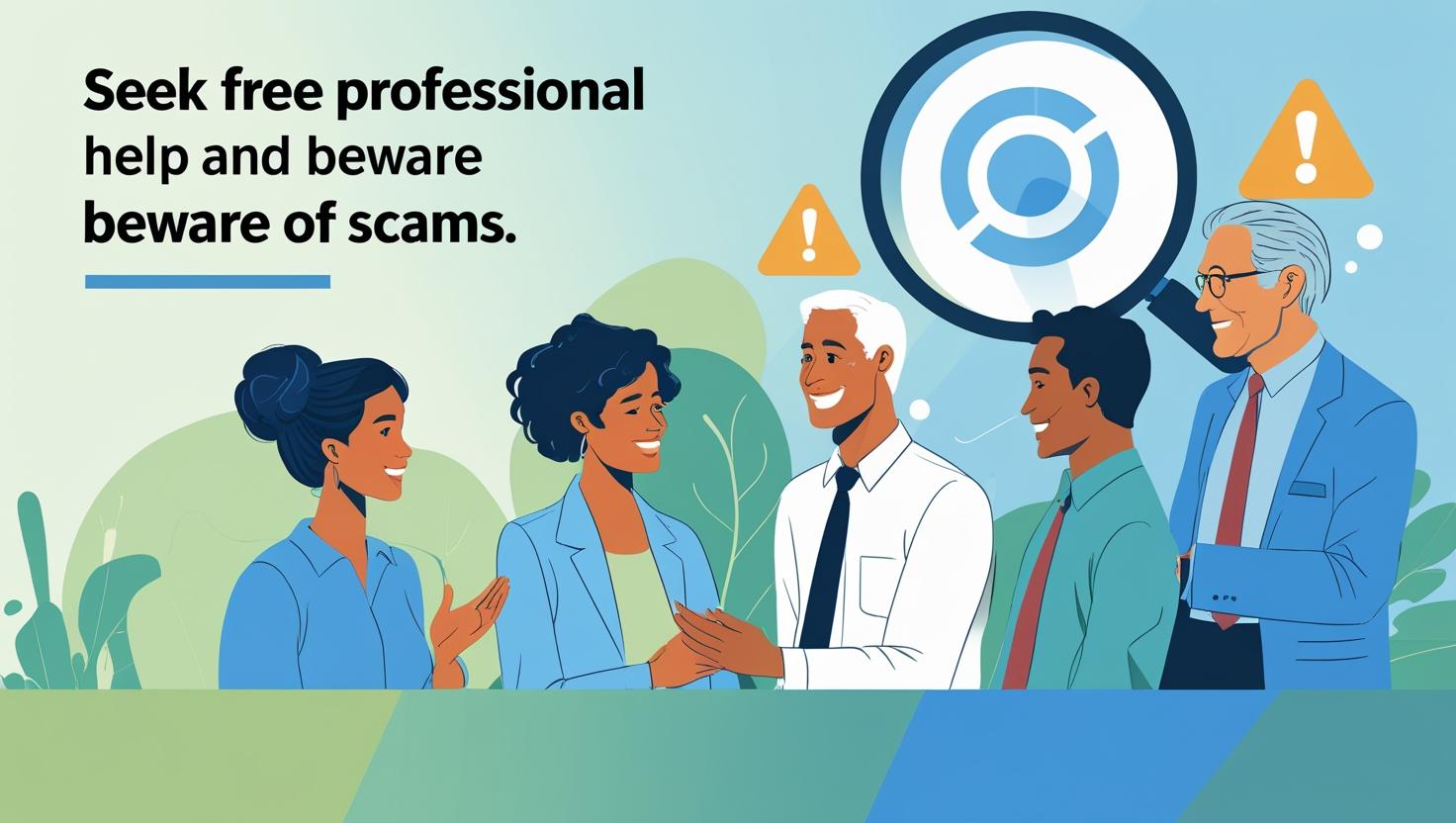Conversion in progress ...
Please wait while we generate your PDF
Navigating Foreclosure: Your Guide to Protecting Your Home and Future

Understanding the Foreclosure Process
Foreclosure begins when a borrower misses several mortgage payments and falls into default. Lenders usually contact the borrower after the first missed payment, but they typically wait a few months before taking legal action. Once the loan is officially in default, the lender files a notice—either with the court (in a judicial foreclosure) or publicly (in a non‑judicial foreclosure)—warning that the home may be sold. If the delinquency isn’t cured, the lender schedules a foreclosure sale and notifies the borrower of the date. The property is then sold at auction; if no bidder meets the minimum price, the lender takes possession and can list the home for sale. After the sale, any remaining occupants are required to move out, although some states offer a short redemption period to buy the property back. This entire pre‑foreclosure window—from the first missed payment to the scheduled sale—is your best opportunity to act; contacting your lender, seeking counseling and exploring options early can halt or at least slow the process before the home is lost.

Act Quickly: Communicate With Your Lender and Explore Mediation
The most important first step is to contact your lender or loan servicer as soon as you anticipate trouble making your payments. Explain your situation and ask about:
Payment plans – catch up on past‑due amounts.
Forbearance agreements – temporarily pause or reduce payments (often up to 12 months).
Loan modifications – permanently change the loan terms, such as lowering your interest rate.
Proactive communication helps prevent missed payments from piling up and can stop the foreclosure process from starting. Our agency can act as a mediator between you and your lender. We’ll review your finances, negotiate repayment plans or forbearances and advocate for a permanent modification that makes your mortgage affordable.

Seek Free Professional Help and Beware of Scams
Numerous nonprofits and government programs offer free counseling. Consider contacting:
HUD‑approved foreclosure prevention counselors, who provide personalized advice on budgeting and loss mitigation.
NeighborWorks America, a nationwide network of nonprofits focused on housing and financial counseling.
The Homeownership Preservation Foundation’s HOPE Hotline, which helps financially troubled homeowners avoid foreclosure.
The National Foundation for Credit Counseling (NFCC), an umbrella organization for credit‑counseling agencies.
The FHA National Servicing Center, which assists homeowners with FHA‑insured mortgages.
These resources are typically free. Be wary of “rescue” scams—companies that promise to stop foreclosure for a fee often do nothing and worsen your situation.
Evaluate Selling Options: Short Sale or Traditional Sale With Equity
If keeping the home isn’t feasible, selling can clear the debt and protect your credit:
Short sale – When your home’s market value is less than the mortgage balance, you can ask the lender to accept a sale for that amount; the lender receives the proceeds and may forgive the remaining balance.
Sale with equity – If your home is worth more than you owe, selling at market value pays off the mortgage and lets you keep the remaining equity.
Our agency is experienced in both scenarios. We negotiate short sales with lenders, handle marketing and paperwork, and aim to secure a deficiency waiver. If you have equity, we’ll use professional staging, marketing and negotiation skills to sell your home for the highest possible price.

Explore Other Alternatives
Other strategies might help you avoid foreclosure:
Loan assumption – A qualified buyer may assume your mortgage, taking over the payments.
Deed in lieu of foreclosure – You voluntarily transfer ownership of the home to the lender to cancel the debt.
Legal assistance – A foreclosure attorney can explain your rights and may find a defense to stop the process.
Bankruptcy (last resort) – Chapter 13 bankruptcy can allow time to catch up on past‑due payments; Chapter 7 discharges many debts but only postpones foreclosure.
Each option has pros and cons; consult a real estate professional and attorney to understand the implications.
Additional Resources and Support
To strengthen your finances during this period:
Review your budget and cut non‑essential expenses; use the savings to pay your mortgage.
Consider temporary or part‑time work to increase income.
Stay current on homeowners insurance, property taxes and HOA dues to avoid additional penalties.
Look for state or local foreclosure‑prevention programs offering grants or low‑interest loans.
Our team can connect you with financial counselors, legal experts and government programs so you don’t have to face this alone.
Conclusion
Foreclosure isn’t inevitable. By acting quickly—contacting your lender, seeking professional assistance and evaluating all available options—you can protect your home and financial future. Whether you need help renegotiating your loan, coordinating a short sale or listing your home for maximum value, our agency is here to support you.
Reach out today for a free, confidential consultation and take control of your path forward.